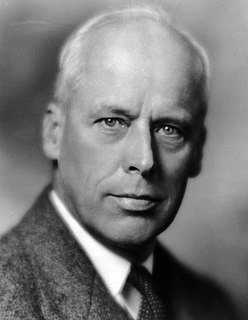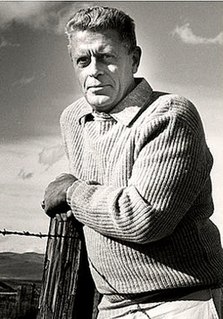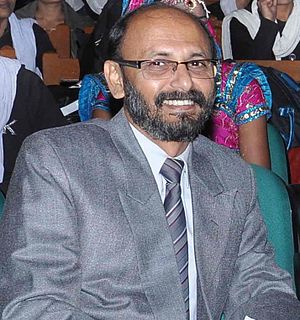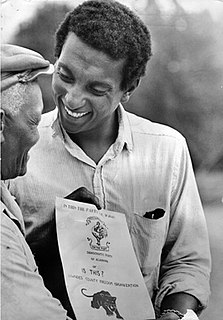A Quote by Christian Nestell Bovee
What we call conscience in many instances, is only a wholesome fear of the law.
Related Quotes
True law, the code of justice, the essence of our sensations of right and wrong, is the conscience of society. It has taken thousands of years to develop, and it is the greatest, the most distinguishing quality which has developed with mankind ... If we can touch God at all, where do we touch him save in the conscience? And what is the conscience of any man save his little fragment of the conscience of all men in all time?
There are times when you have to obey a call which is the highest of all, i.e. the voice of conscience even though such obedience may cost many a bitter tear, and even more, separation from friends, from family, from the state, to which you may belong, from all that you have held as dear as life itself. For this obedience is the law of our being.
Must the citizen ever for a moment, or in the least degree, resign his conscience to the legislator? Why has every man a conscience, then? I think that we should be men first, and subjects afterward. It is not desirable to cultivate a respect for the law, so much as for the right. The only obligation which I have a right to assume is to do at any time what I think right... Law never made men a whit more just; and, by means of their respect for it, even the well-disposed are daily made the agents of injustice.

































